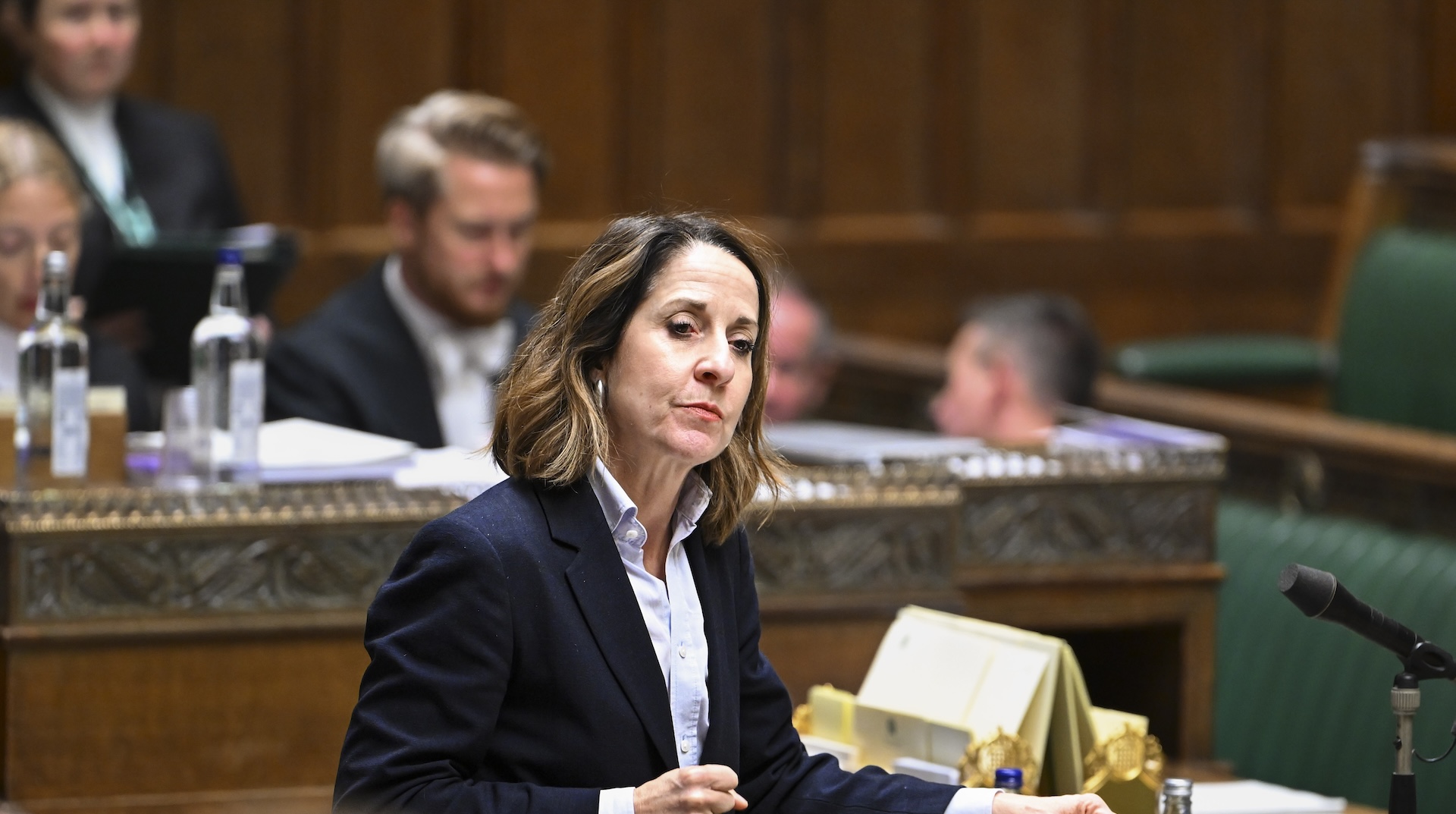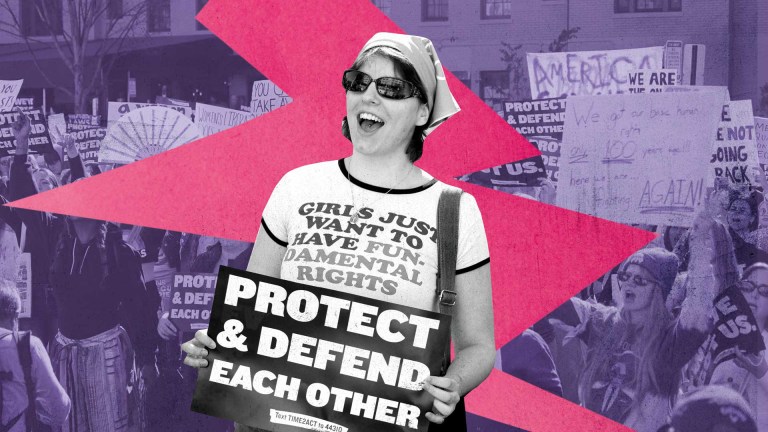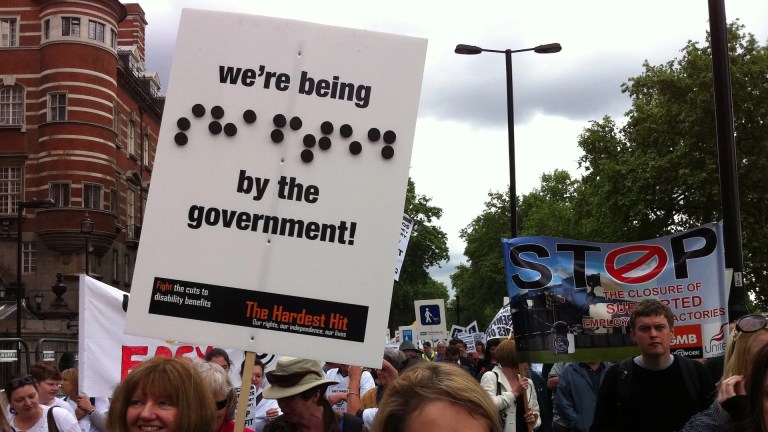“We are deeply disappointed that this Labour government is repeating past mistakes, proposing exactly the kind of ‘reforms’ that previously caused deprivation and despair in the disabled community while failing to save the government money because of knock-on effects on health and social care budgets. Taking money away from disabled people does not mean our needs will go away.”
PIP is the main disability benefit in England, Wales and Northern Ireland, and is not restricted by income or work status.
At present people qualify through an assessment that scores applicants under a series of ‘activities’ that measure the severity of their illness or disability. Ten of the activities concern the PIP daily living payment, while another two decide who gets the PIP mobility payment.
Applicants must score at least eight points in the daily living activities to get the standard daily living payment, with 12 points qualifying them for the enhanced payment. The same structure applies to the separate PIP mobility payment.
At present these totals can be accumulated across different activities – if someone scores two points in four different daily living activities, their eight point total will qualify them for the standard daily living payment. But under the DWP’s plans, they would have to reach those totals while scoring at least four points in any one specific daily living activity.
Despite claims that PIP has become too easy for people to claim, only about 54% of applications are successful. The government claims the new rules will ensure PIP only goes to people with serious disabilities. But someone who needs help to cut up food and wash their hair, and also needs an aid to dress and to be able to speak or hear, would currently qualify for PIP but would miss out under the proposed system.
Advertising helps fund Big Issue’s mission to end poverty
DWP figures released in response to an FOI request from the Benefits and Work website show how many people with different disabilities and illnesses currently receive the PIP daily living allowance having scored under four points in all categories. They include:
- 214,000 claimants with arthritis – that’s 77% of all arthritis claimants receiving the daily living allowance
- 38,000 with cardiovascular diseases – 62%
- 45,000 with respiratory diseases – 55%
- 38,000 with multiple sclerosis and neuropathic diseases – 48%
- 11,000 with cerebral palsy and neurological muscular diseases – 24%
- 26,000 with psychotic disorders – 23%
The figures also indicate how many new applicants with different conditions would over time fail to qualify for PIP from November next year if the plans are voted through.
The ‘four-point rule’ would also have a big effect on people with mental illnesses – a group of claimants that have faced a media and political onslaught. Around 282,000 claimants with anxiety and depression would fall foul of the four-point rule.
The DWP data only shows the main condition claimants are recorded as having – in practice many have more than one condition, and claimants may have both mental and physical problems.
“The latest DWP data on PIP highlights the ongoing challenges faced by people with mental health problems in accessing the support they need to live with dignity and independence,” said Nil Guzelgun, policy and campaigns manager for mental health charity Mind. “Benefits like PIP are a lifeline for people with mental health problems, helping them to pay for support like taxi fares when public transport feels impossible, help with chores due to fatigue, or food costs due to difficulties making food from scratch.
“The proposed changes will mean that people whose mental health problems impact numerous elements of their daily lives will be left without the vital support they need. These reforms will only transfer costs and pressure to other government departments including already stretched mental health services by exacerbating poverty and worsening the nation’s physical and mental health.
Advertising helps fund Big Issue’s mission to end poverty
“Behind every statistic is a real person struggling with their mental health and terrified by the government’s plans. We need urgent action to protect and improve support, not take it away. We are calling on the government to stop these planned cuts and instead commit to meaningful involvement of disabled people in shaping future benefit reforms.”
Around 480,000 of those currently receiving the standard daily living payment don’t receive the PIP mobility payment. This means that under the new rules, they would no longer receive any PIP benefit after they have been reviewed.
Moreover, the green paper outlined long-term plans for the health element of universal credit, which is paid to disabled people on low incomes and usually out of work, to be based on the reformed PIP assessment – including the four-point rule. This means that many disabled people will find themselves ineligible for any disability benefits at all – DWP figures published in response to a separate FOI request show that among all those receiving the UC health payment, 60% also receive the PIP daily living award, and of these, nearly 70% did not score four points in any daily living activity in their assessment.
“It is a particular problem that many of the people affected do not receive the PIP mobility component,” said Inclusion London’s Modern. “This is because PIP exempts recipients from the benefits cap. If the consequences of the policy change are that a large number of people lose PIP entirely and become exposed to the cap, this will increase homelessness among disabled people – already much higher than for non-disabled people – even further.”
Fingers Walker, spokesperson for grassroots disability activist group Crips Against Cuts, said: “Why, we wonder, is a policy supposedly intended to get claimants in all categories back to work almost exclusively targeting the most disabled people? There is zero fraud in PIP claims, according to the DWP, yet PIP claimants face exclusion from lifesaving income because [work and pensions secretary] Liz Kendall thinks it is us who are ‘taking the mickey’.
“The green paper was published with unseemly haste in a scramble to meet the chancellor’s Spring Statement. It has nothing to do with helping disabled people back into the work as a “moral” issue. It is ill thought out; inconsistent and contains a number of inaccurate and misleading statements.
Advertising helps fund Big Issue’s mission to end poverty
“The DWP has been forced to retract statements twice by the Office for Statistics Regulation for publishing wildly exaggerated figures about the increase in the numbers of claimants. It is highly likely that the DWP is also massaging the figures which say very few PIP claimants will be affected.”
A government spokesperson told Big Issue: “This data is partial. It doesn’t reflect that the majority of people who are currently getting PIP will continue to receive it, nor does it take into account our wider reforms to get people back in to work.
“This government will always protect the most vulnerable, it’s in our DNA. The social security system will always be there for those who need it most with severe health conditions, and we will ensure their income is protected.
“Too many people are being let down by a system that traps them out of work and holds them back. One in eight young people not working shows the system is broken. Our reforms will support those who can work – backed by £1bn additional funding to guarantee tailored help. This government will support everyone to thrive.”
Do you have a story to tell or opinions to share about this? Get in touch and tell us more. Big Issue exists to give homeless and marginalised people the opportunity to earn an income. To support our work buy a copy of the magazine or get the app from the App Store or Google Play.










